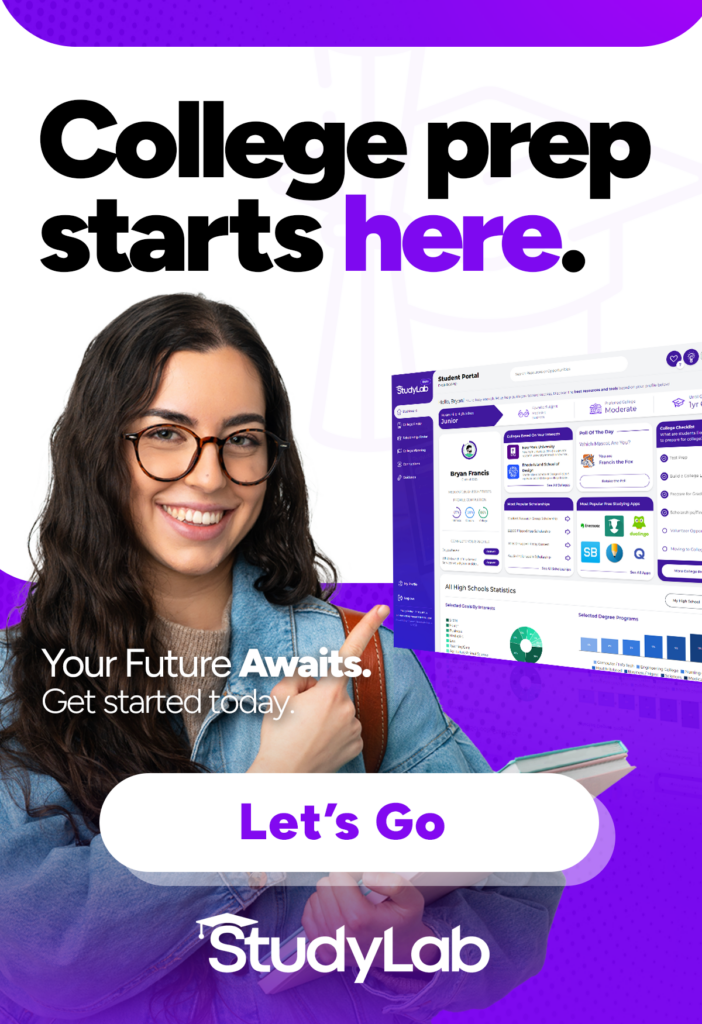Calls to boost civic education are growing, and teachers need help answering that call. The RAND Corporation finds only 1 in 5 social studies teachers nationwide feels well-prepared to support their students’ citizenship education. Consistent with our commitment at the Student Research Foundation (SRF) to support teachers in preparing students for life after high school, we want to share two resources that may help all educators – and particularly those who feel caught between community pressures and lack of resources.
The RAND Corporation’s extensive report, Preparing Children and Youth for Civic Life in the Era of Truth Decay, identifies challenges teachers face in the social studies classroom. Among secondary teachers the challenges include students’:
- Inability to assess the credibility of online information – 87% of teachers said students had made unfounded claims based on unreliable media in the past month.
- Disrespect of others – Majorities of teachers reported students in the past month had demeaned females and those who differed in race/ ethnicity and party/ ideology.
- Lack of interest in civics – 56% of teachers felt students had little interest in civics.
Maine Public Radio’s, What Do Students Learn About How Our Democracy Works & Why Does it Matter, concentrates on solutions to the challenges teachers face. Five panelists – Kenneth C. Davis (historian), Joe Schmidt (Maine DoE social studies content specialist), Shane Gower and Garrett Martin (teachers), and Claire Holman (high school junior) – suggest numerous vetted solutions, including:
- Practice evaluating online media sources – Digital resources such as the News Literacy Project help students learn how to evaluate arguments and claims presented online.
- Apply classroom lessons in the real world – Service learning can help students with different political views find common ground as they join forces to solve local problems.
- Engage in thoughtful disagreement – Debates let students practice constructive disagreement, while sharpening critical thinking and boosting test scores.
Students need teachers to provide safe spaces to develop skills for citizenship in a democracy. And teachers need the help of community stakeholders, such as:
- Policymakers: RAND found pressures to boost test scores have left less and less time for civics. In SRF’s 2019-20 teacher survey, only 4 in 10 high school teachers (non-CTE) were satisfied generally with testing. Is it time for policymakers to re-examine priorities?
- Administrators: RAND found some teachers avoid topics that might spark disagreement, fearing administrator response. Roughly 1 in 3 high school teachers (non-CTE) were less than satisfied with administrator support overall in SRF’s 2019-20 teacher survey. Do administrators need development opportunities to foster robust civics education?
- Taxpayers: Public education funding declined markedly over the last half century. SRF’s 2019-20 teacher survey found only 4 in 10 high school teachers (non-CTE) were satisfied with their compensation. Heaping more responsibilities on already stressed-out teachers is unlikely to lead to better student outcomes. High quality civic education may require additional funding. Will taxpayers support robust civic education?
Rising to the challenge is critical. As the National Council for the Social Studies wrote in the aftermath of January 6:
One of the greatest signs of respect we can give to our nation today, and in the future, is to support our educators and our students in their civic learning and engagement.… The future of a healthy civic life and the strength of our republic depend on it.
The Student Research Foundation supports high school faculty and students with research, scholarships and resources for college and career planning. Share your voice through our teacher surveys. Encourage students to share their voices through our surveys. Let us help you connect your students with resources to build brighter futures. Follow SRF (@SRF_HQ) and me on Twitter (@michaelconn_ny). Learn more at: StudentResearchFoundation.org
Michael Conn, Ph.D.
Executive Director
Student Research Foundation
Related Posts
Teaching in a Pandemic: 3 Resources for Surviving and Thriving

